This is a Limited Second Edition, reprint of the three volume book The Southern Kikuyu- before 1903.
One of the often unnoticed tragedies of an era of technological advance and improving communications is the passing from living memory of customs, language and beliefs as small insular pockets of culture are overtaken by the sweep of civilization.
This impressive book is a complete record of the ways of the Kikuyu people, before and during the period of European influence which accompanied road and railway building and political and economic changes in the late 19th Century. It is the major anthropological achievement of the late L.S.B. Leakey and the culmination of his life-long study of the people among whom he was born and raised. Written in the graceful, readable style characteristic of scholarship in the thirties, it draws on the memories of the Elders whose confidant Dr. Leakey became.
A once rich source of tradition and culture, passed on intact from generation to generation, was in danger of drying up without trace – this study, revised and published now, some forty years after it was first undertaken, will secure this fascinating collection of information for posterity now that all the last inheritors of the old Kikuyu way of life are dead.
Thanks to Dr. Leakey, and to the collaborators who worked on the manuscript after his death, the Kikuyu mores have been set down – from descriptions of the daily activities of the people, digging, planting, harvesting, care of animals, trading, marriage, tribal raiding, dancing and lawgiving, to the customs connected with sex, linked with rites de passage, religious beliefs, magic and medicine. It is a picture of a successful self-regulating community, in which a strict set of rules and punishments established order and enabled the tribe to survive within its environment.
The autonomy of tribal life all over the world is now being eroded, for better or worse. But this well-rounded study, intricate in its mass of detail, yet straightforward in approach, seeks to make no assertions or comparisons with other cultures. It will thus be an important unbiased primary source for social anthropologists, ethnologists and social scientists, as well as being of great value to all those interested in Africa and its history.

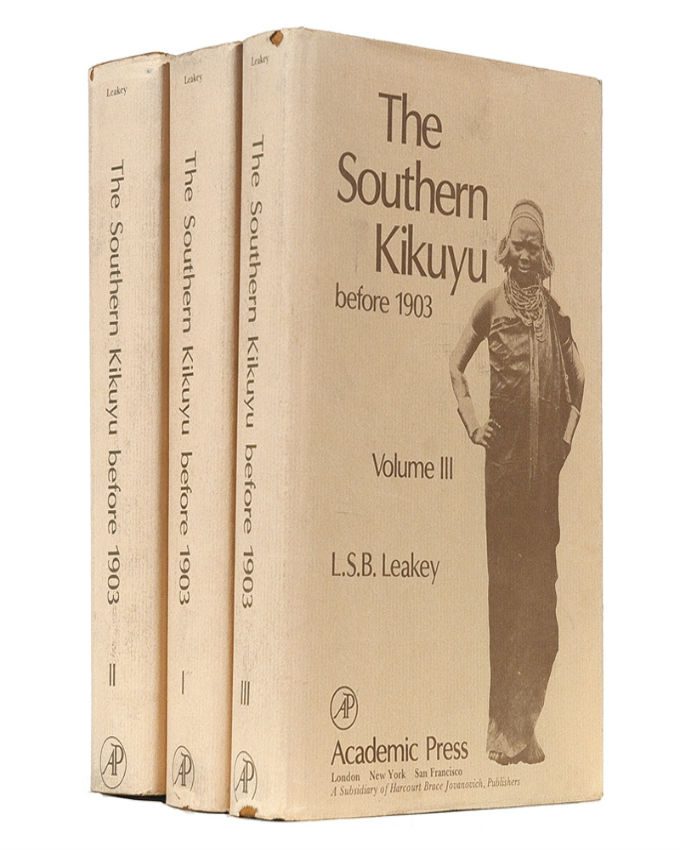

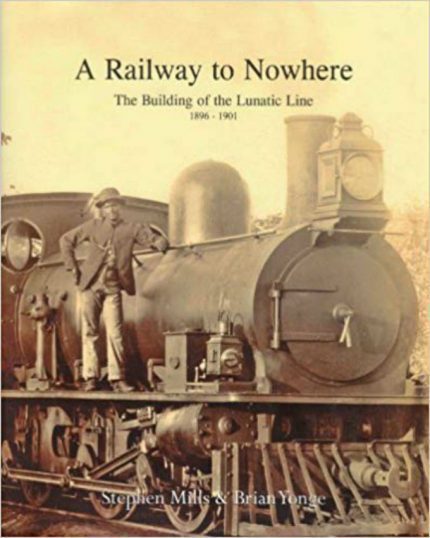



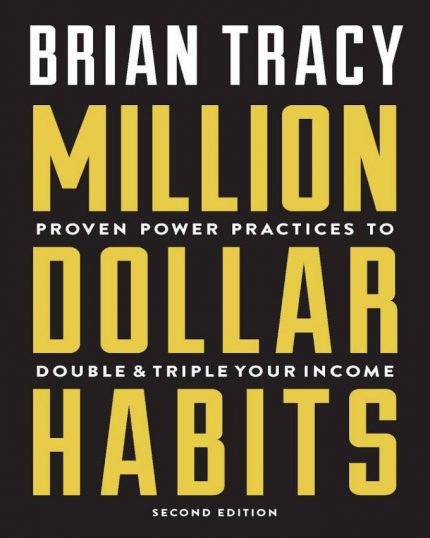
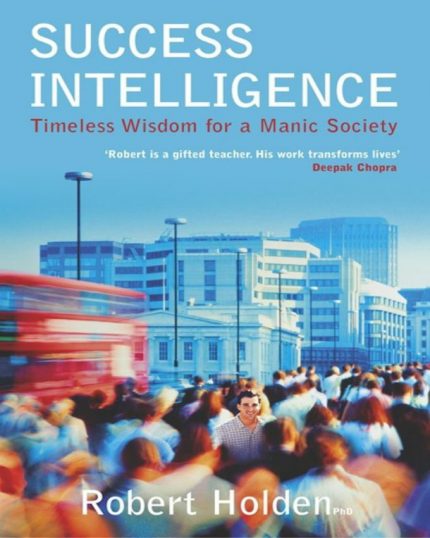
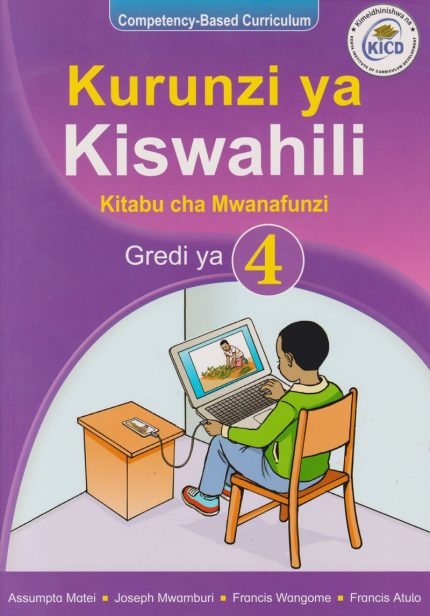

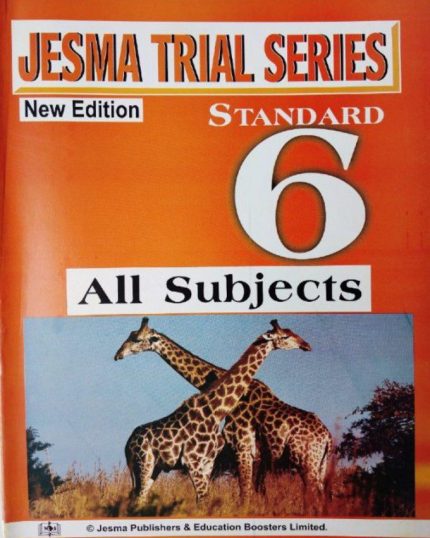





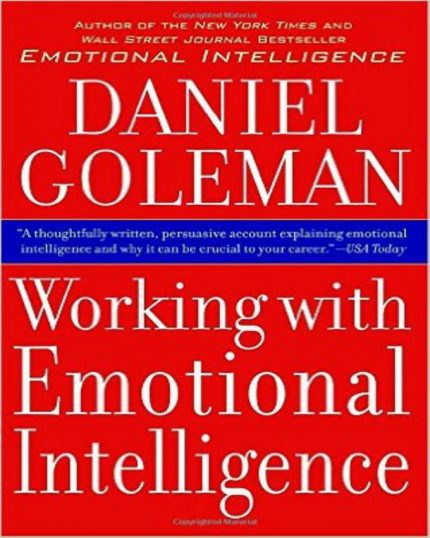

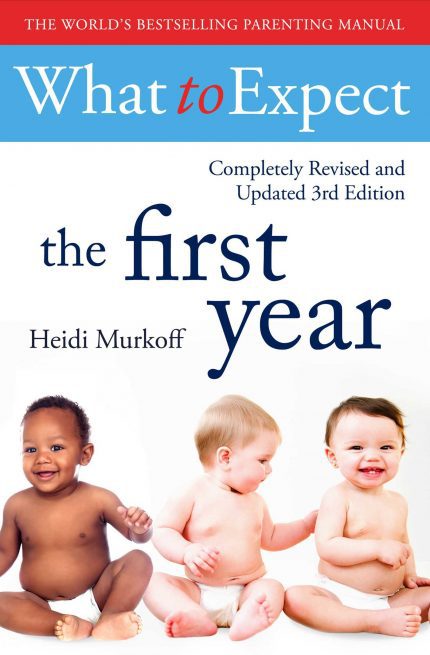


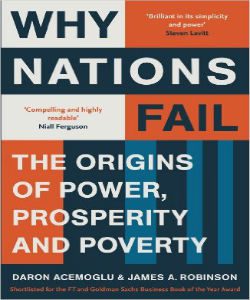

















Kennedy –
Nice